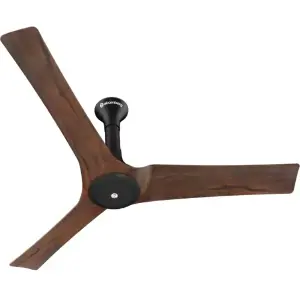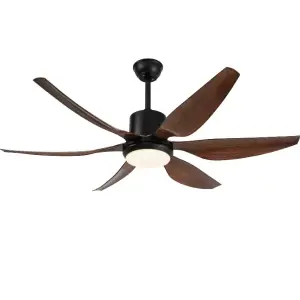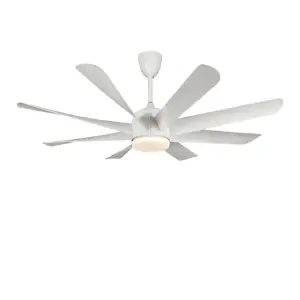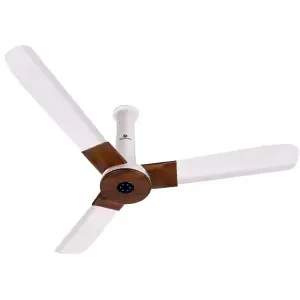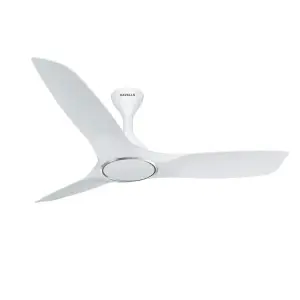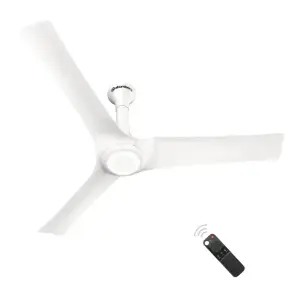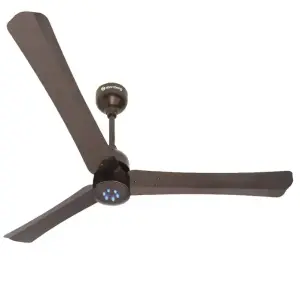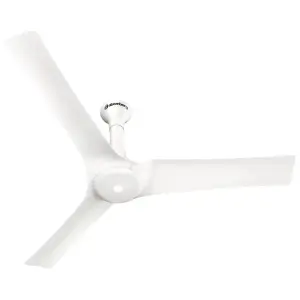Shop by Department
- Women's & Girls' Fashion
- Men's & Boy's Fashion
- Health & Beauty
- Groceries
- Sports & Outdoors
- Babies & Moms
- Home & Lifestyle
Bathroom Accessories
- Basin Waste
- Toilet Accessories
- Moving Sink Cock
- Sink Bib Cock
- Toilet Push Shower
- Moving Basin Mixer
- Toilet Roll Holders
- Basin Mixer Body
- Moving Pillar Cock
- Basin Pillar Cock
- Towel Holder
- Floor Strainer
- Soap Case
- Bath Towel Bar
- Long Pillar Cock
- Shower Head
- Basin Mixer
- Conceal Stop Cock
- Bathtub
- Two In One Bib Cock
- Conceal Bib Cock
- Shower Mixer
- Angle Valve
- Moving Sink Mixer
- Angle Stop Cock
- Skin Care
- Smartphones
- Electronics Device
- Electronic Accessories
Camera Accessories
- Cables (HDMI, USB, etc.)
- ND (Neutral Density) Filter
- Reflector
- Softbox
- Macro Lens
- Wide-Angle Lens
- Battery Charger
- Remote Shutter Release
- Lens Cleaning Kit
- Camera Strap
- Lens Hood
- External Microphone
- Battery Grip
- Flash
- Camera Bag
- Lens Filters
- Memory Cards
- Tripods & Monopods
- Camera Batteries
- Sports & Action Camera Accessories
- Lighting & Studio Equipment
- Gimbals & Stabilizers
- Computers
- Home & Kitchen
- Watches, Bags & Jewellery
- Books & Office
- Automotive & Motorbike
- Drones & Accessories
- Tools & Hardware
